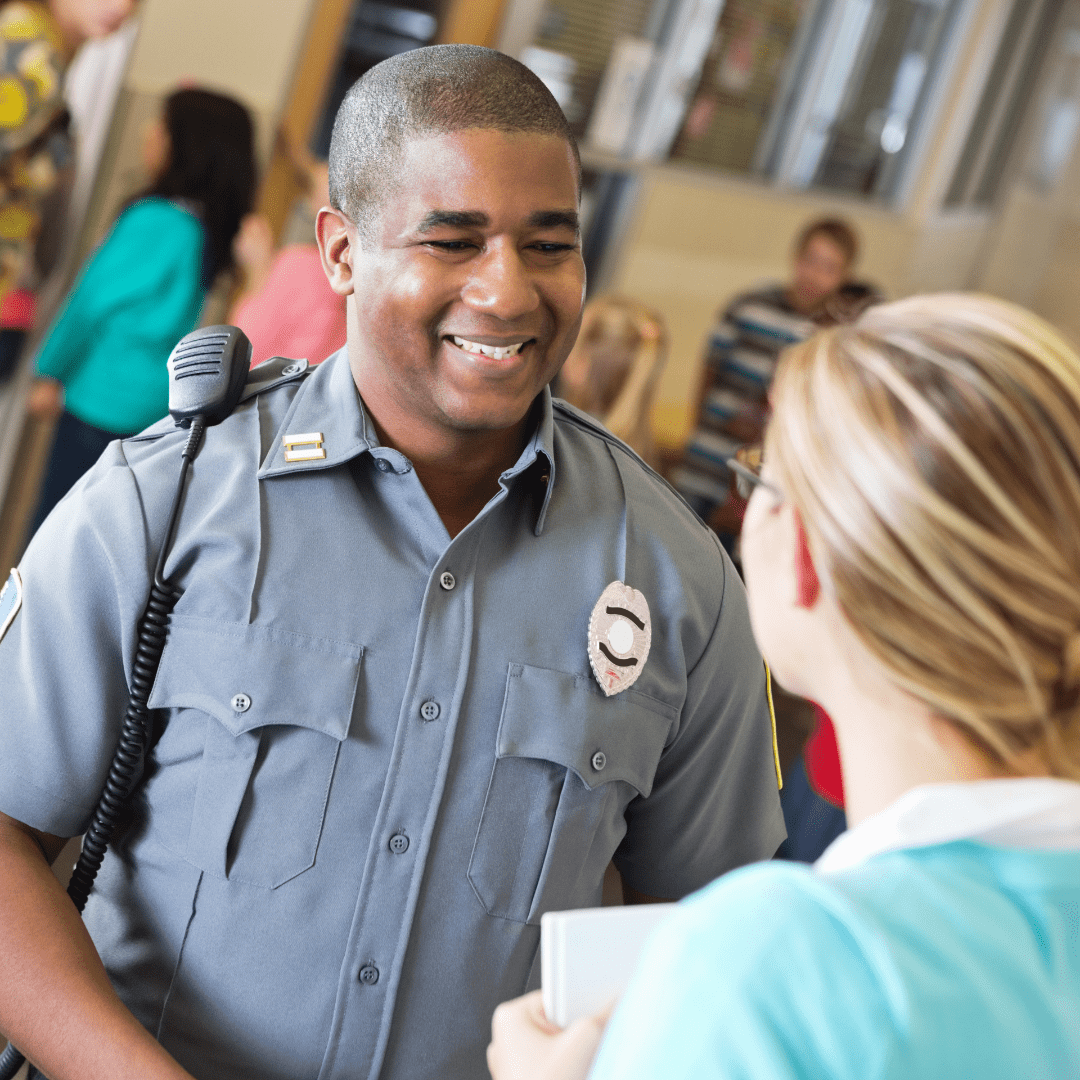
4 rights to remember when talking with police
Encountering police can be a frightening situation, even when you know you haven’t done anything wrong. During these times, it’s important to remember your rights to protect yourself, both in the moment and in the future. Here are 4 rights you should keep in mind when interacting with police.
- Your right to remain silent
- Your right to refuse consent to search
- Your right to leave if they are not arresting you
- Your right to film the interaction
1. Your Right to Remain Silent
While being stopped on the street or in the car, you have the right to remain silent. You do not have to tell the officer your address, name, or any other personal information, but you do have to show them your driver’s license, registration, and proof of insurance if you are the driver of the car.
It is important, however, that if you choose to not say anything, you declare, outloud, that “I wish to remain silent”, and then stay silent. If you say anything else, the police can construe it as hostile afterwards (such as arguing about said rights), and then the police may use it as justification for an arrest.
If you don’t say anything, they can’t use your silence against you in court.
2. Your Right to Refuse Consent to Search
You can refuse an unwarranted police search in the state of Georgia, though much like with the last right, you must declare it. Saying out loud “I do not consent to this search” is vital to make any legal processes that happen after go smoother. If the cops have a warrant, you may legally ask to see it. (If it has you listed as the person on the warrant, or the address of your house, you do have to let them search – but remember your first right and remain silent.)
If they don’t have a warrant and still try to search or seize your possessions after your declaration, remember you don’t have to interact or interfere. It will be hard to bear, but legally it will be much easier to sort out if you stand by and don’t take any “hostile actions” towards police, who might once again use your resistance as justifications for their actions.
3. Your Right to Leave if They are Not Arresting You
If you are stopped while walking or not operating a motor vehicle, you can ask the officer stopping you these important questions:
- “Am I free to leave?”
- “Am I being arrested?”
- “Why am I being arrested?
Asking these questions can help solidify that you are being arrested, your reason for being arrested, and confirm that you are not being detained. If you are free to leave, leave calmly and slowly to not provoke them. If you are arrested, you can also refuse consent to search here as well, just remember to say it out loud.
4. Your Right to Film the Interaction
Most importantly of all, you have the right to film the entirety of the interaction with the police. Legally in Georgia, police cannot stop you from filming if you are walking or stopped in a car. They can, however, ignore videos that are filmed when the car is moving.
Even if body cams are present, it’s still a good idea to have a backup of the footage if anything goes wrong. It’ll also help keep a record of all that you’ve said (and not said) during the interaction. You don’t even have to let them know you’re filming – as long as you’re in a public place. If the police still try to stop you from filming, do as they say (for now), but remember the rest of your rights.
Make sure you keep a good record of everything, so that if any charges are made against you, you can help protect yourself and prove your lawful rights.